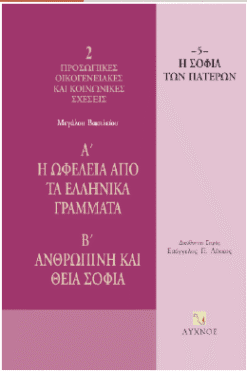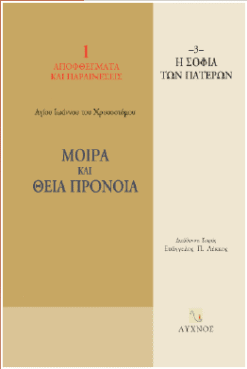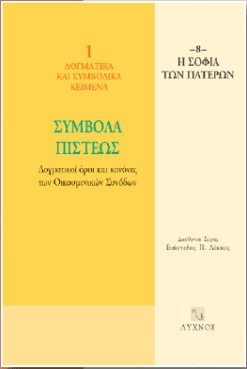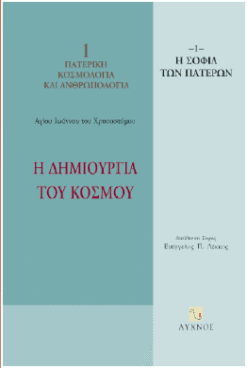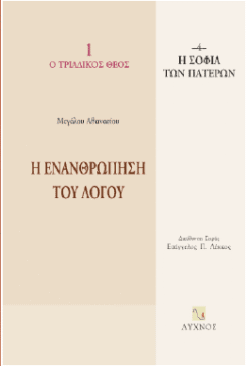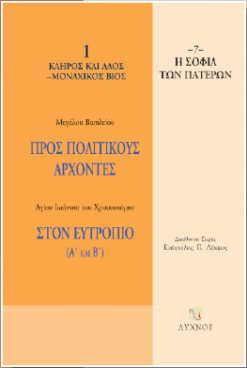Religious books
Categories
Publishing
Author
Contact Us
Information about book submissions and any other clarifications:
8 Products
-
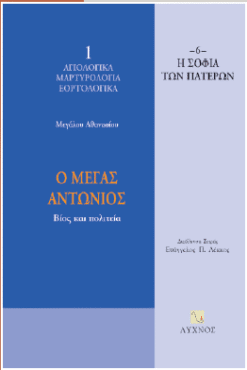 New
5,80 €
New
5,80 €After quoting an extensive speech to monks (on various spiritual topics), he speaks of the ascetic life of the desert, his support for persecuted Christians, his character, includes discussions with national philosophers, correspondence with the emperor, various apparitions, etc. and details his blessed end. The Life of Antony the Great was and is an attractive and instructive read. For this reason, it is also translated and circulated in many modern European languages.
-
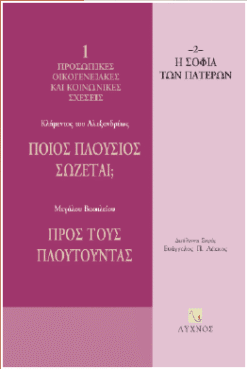 New
5,80 €
New
5,80 €It was delivered during the period of famine and drought in Cappadocia, with the aim, among other things, of urging the rich to support the poor who were suffering from all kinds of hardship. On the issue of wealth, which is as challenging today as it was then, the social ideas of the two Fathers provide us with a safe direction for dealing with it correctly.

